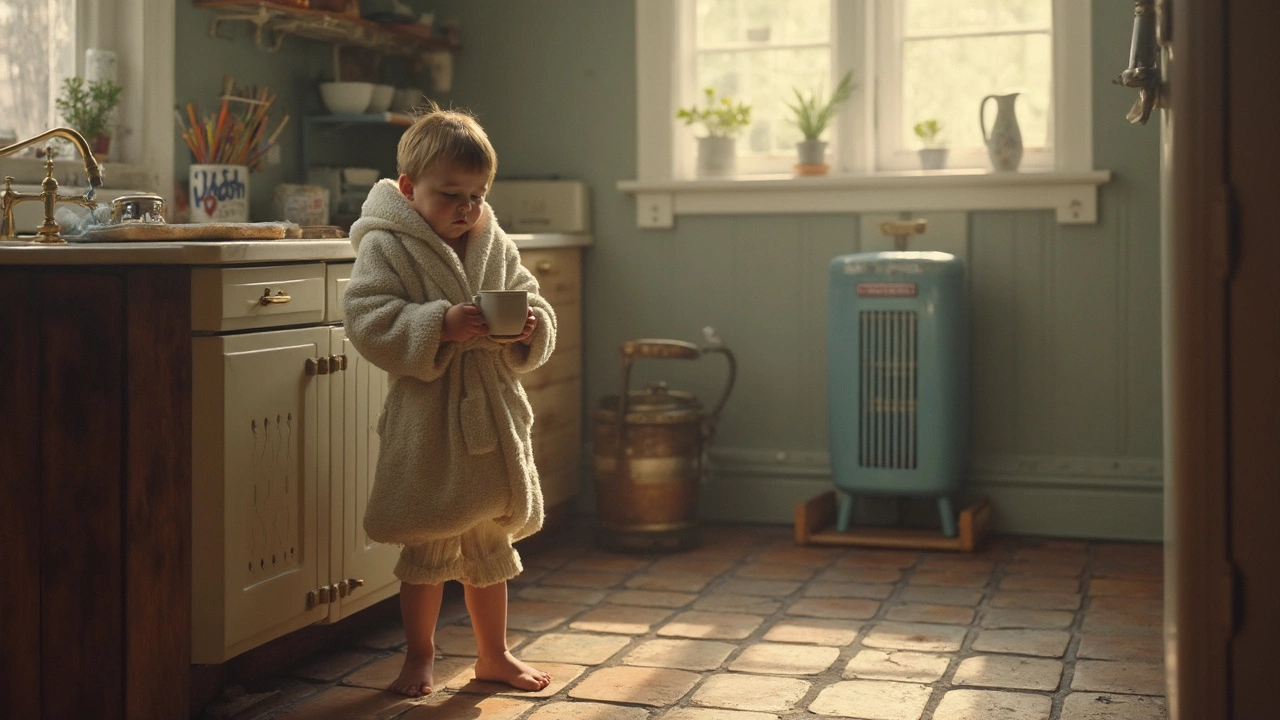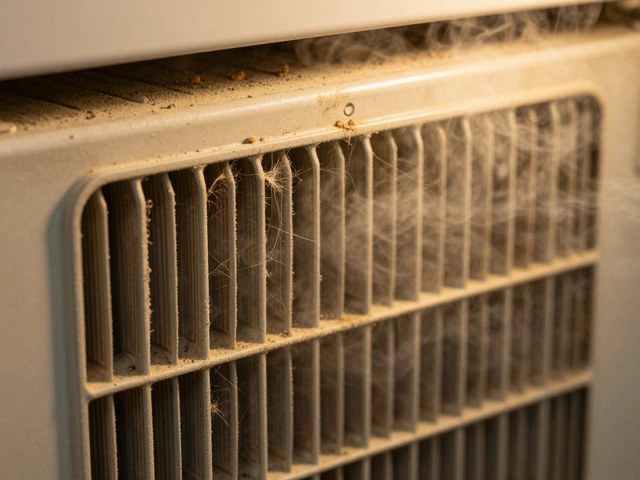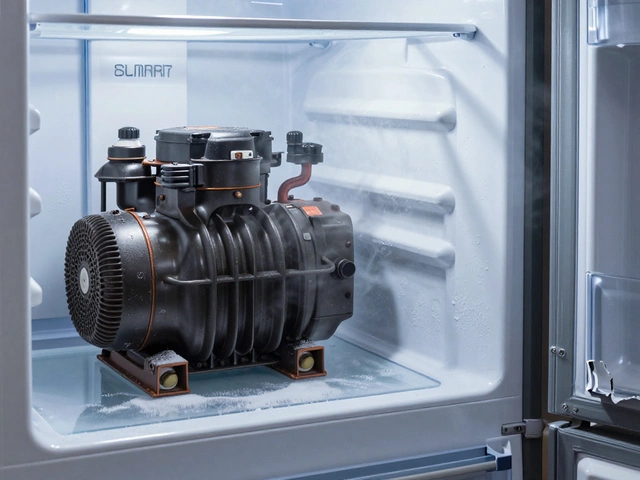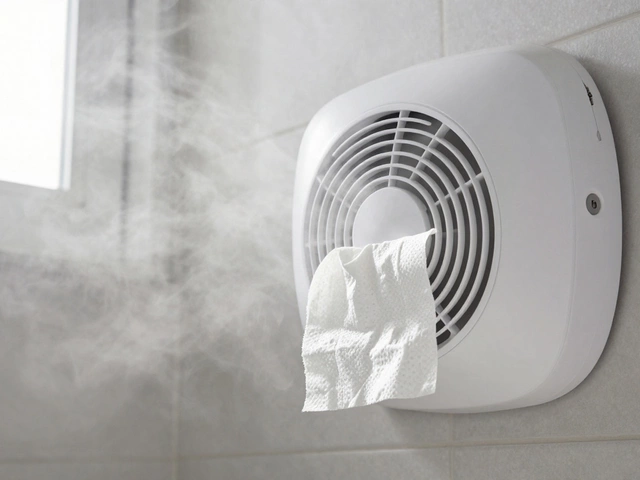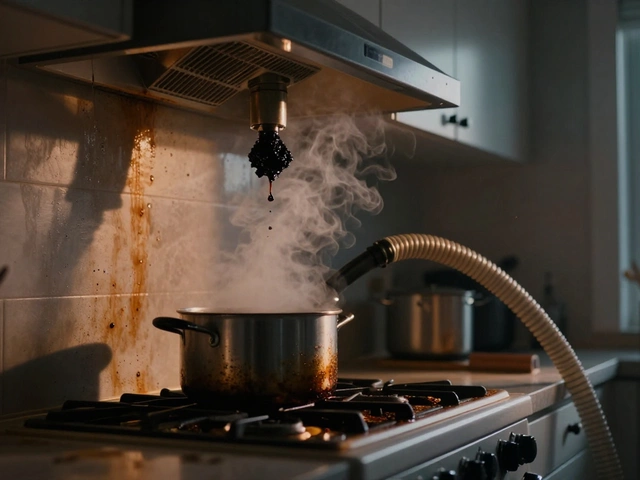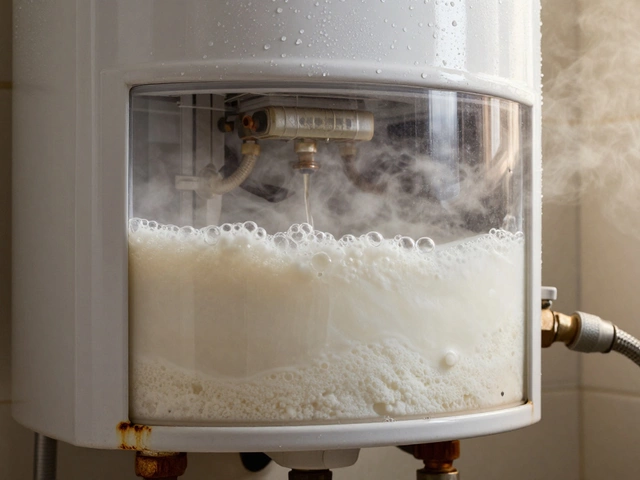Signs of Failure: Spot Appliance Trouble Before It Breaks
Ever wonder why your fridge hums louder or your washing machine takes forever to finish a cycle? Those little clues are usually the first warnings that something’s going wrong. Ignoring them can lead to a full‑blown breakdown and a sky‑high repair bill. Let’s break down the most common signs of failure and give you simple steps to take right away.
Common Warning Signs Across Most Appliances
Even though a fridge, oven, or dryer each has its own job, they share a handful of tell‑tale symptoms when they start to fail.
- Unusual noises: A rattling dishwasher, a buzzing boiler, or a grinding dryer motor means parts are wearing out.
- Longer run times: If the washing machine needs extra cycles to get clothes clean, something inside isn’t working efficiently.
- Temperature swings: A fridge that’s too cold in one corner and warm in another, or an oven that never reaches the set heat, points to sensor or thermostat issues.
- Leaks or moisture: Water pooling around a dishwasher, a water heater, or even a dryer’s vent is a red flag for seals or hoses.
- Frequent resets: Having to press the reset button on a water heater or boiler more than once a week tells you the safety system is tripping.
These clues show up early, so catching them can save a lot of hassle.
What to Do When You See a Failure Sign
Spotting a warning sign doesn’t mean you need a brand‑new appliance right away. Here’s a quick plan you can follow.
1. Check the basics. Make sure the appliance is clean, the filters are clear, and the power source is stable. A blocked dryer lint filter or a dirty fridge condenser coil often fixes the problem.
2. Look up the error code. Modern machines display codes when they detect trouble. A quick search on the brand’s website or a phone call to a local repair service can tell you what the code means.
3. Test a simple fix. If a dishwasher isn’t draining, try cleaning the pump filter. If an oven won’t heat, verify the heating element isn’t broken by feeling for a warm glow when it’s on (be careful!).
4. Call a pro before it gets worse. When the issue involves weird noises, leaks, or repeated resets, it’s time to get a qualified technician. They can diagnose hidden faults like a failing compressor or a cracked heating element before the part totally fails.
Remember, early action keeps repair costs low and extends the life of your appliances. If you’re unsure, a quick phone call to a trusted local repair service can give you peace of mind.
Keeping an eye on these signs and acting fast means you won’t be left with a silent fridge or a cold shower. Your home runs smoother when you know what to look for and what steps to take.
Signs Your Hot Water Heater Is Failing: Here's What to Watch For
- Alden Wilder
- Feb 27 2025
- 0 Comments
Having trouble with your hot water heater might not be something you think about daily until a chilly morning shower jolts you awake. This article explores the tell-tale signs that your water heater is on its last leg, from weird noises to rusty water. Learn how to spot these red flags early on to save yourself from unexpected cold showers. Don't wait for small issues to become major inconveniences.
View More